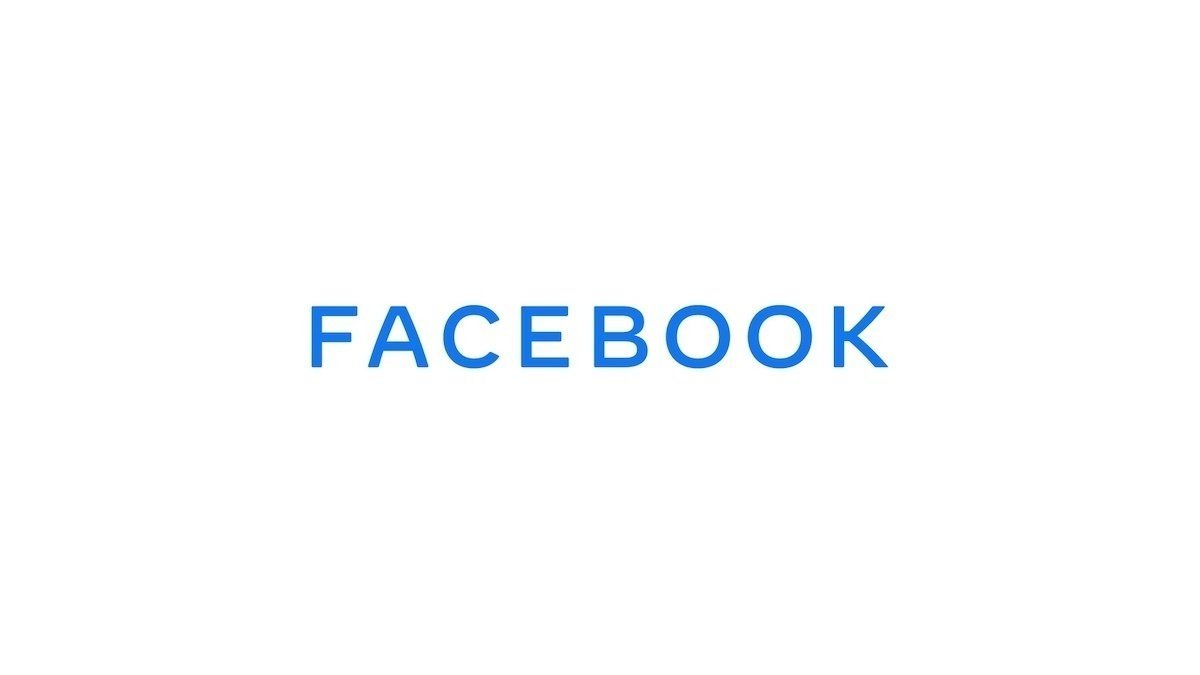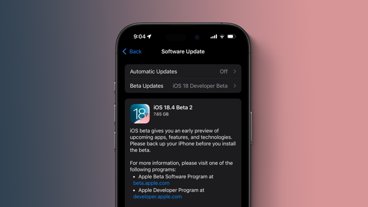Facebook is rolling out a new tool designed to help content creators earn money on its platform while sidestepping Apple's customary 30% cut of App Store transactions.
An addition to Facebook's Subscriptions tool, which allows creators to charge fans for content, the new feature is an in-app link that sends users to a website to complete subscription purchases via Facebook Pay.
Using personalized "promotional links" allows content creators to direct fans away from the App Store, where they can keep 100% of subscription proceeds, excluding taxes. Links can be shared through email and text, but they are also ripe for integration on creators' Facebook pages, which appear in Facebook's iOS app.
Facebook is operating in uncharted waters and could find itself running afoul of App Store guidelines which strictly prohibit integration of alternative payment mechanisms. A spokesperson for the social network told The Verge that it believes the strategy has always been allowed on iOS, adding that Apple's native payments system will also be offered for user signups.
While App Store regulations are explicit in their application to apps and digital goods, jurisdiction becomes nebulous when mixing in content creators who directly benefit — or suffer — from those rules. Facebook is attempting to remove itself from the equation by not collecting fees on subscriptions (at least not until 2023). The implication is that Apple's commission hurts creators, not the social media giant. It's a refrain Facebook has used in the past to counter other Apple initiatives like a privacy-focused crackdown on ad tracking.
Mark Zuckerberg, Facebook founder and CEO of parent company Meta, reiterated his company's opposition to App Store fees in announcing Subscriptions links on Wednesday.
"As we build for the metaverse, we're focused on unlocking opportunities for creators to make money from their work," Zuckerberg said in a Facebook post. "The 30% fees that Apple takes on transactions make it harder to do that, so we're updating our Subscriptions product so now creators can earn more."
Zuckerberg also announced a bonus structure that will see Facebook pay creators between $5 and $20 for every new subscriber.
The move comes as Apple makes piecemeal concessions to slowly reshape App Store policy. In August, the company reached an agreement to settle a class action lawsuit opposing App Store fees and commissions. The agreement, which is reportedly on the verge of approval, would allow developers to email customers about alternative payment methods. More recently, Apple said it will permit so-called "reader" apps to include an in-app link to set up or manage accounts.
Apple might soon have no choice but to authorize in-app payment alternatives like Facebook's Subscriptions links. In a ruling handed down in the Epic v. Apple lawsuit in September, U.S. District Court Judge Yvonne Gonzalez Rogers ordered Apple to nix "anti-steering" provisions that restrict developers from linking to outside payment methods. Apple in October requested a stay of the decision as it appeals.
 Mikey Campbell
Mikey Campbell







-m.jpg)






 Brian Patterson
Brian Patterson
 Charles Martin
Charles Martin


 Malcolm Owen
Malcolm Owen
 William Gallagher
William Gallagher
 Christine McKee
Christine McKee
 Marko Zivkovic
Marko Zivkovic







10 Comments
Facebook will still get charged for being hosted on Apple's servers. Time for Facebook/Meta/garbage to go away anyway.
Apple should just ban Facebook for good on iOS.
If one believes that FB is an essential or even necessary component of one's business model, it is likely time to give it the shove. The notion of Meta succeeding is chilling. Orwell would thrive in these times. (Disclaimer - I do not have a FB account lol.)
I’m still amazed by the number of tech websites who don’t seem to have either read fully or grasped the ruling of the judge in the Epic vs Apple trial. The removal of the anti-steering rules in the App Store guidelines does NOT mean that Apple won’t get its 30 % commission. In fact the judge ruled that Apple is entitled to compensation for its intellectual property. Anything else would be contrary to intellectual property law. The only difference would be that payment would be done to the third party fully, and then Apple would have to get its 30 % from them after the fact. Whereas today it’s the other way around, which is much easier for Apple as they are the payment processor and only need to pay out the 30 % to the developers. How this will be done in practice, we’ll see. But Apple has anyhow appealed so we’ll see what happens.